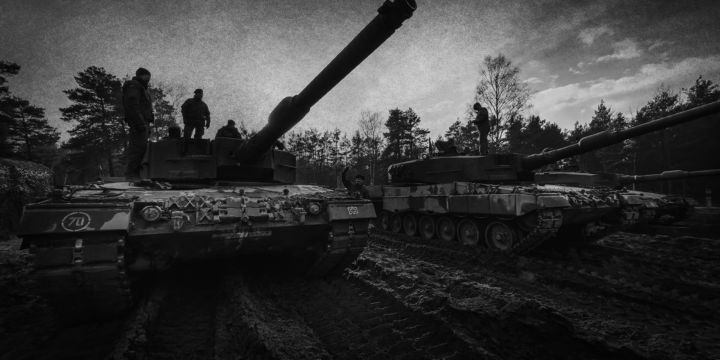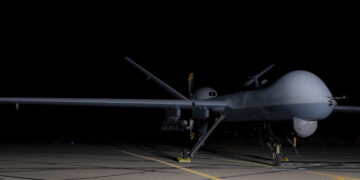August 30, 2024
America is a beached superpower—Europe should not rely on it for security
By Peter Harris
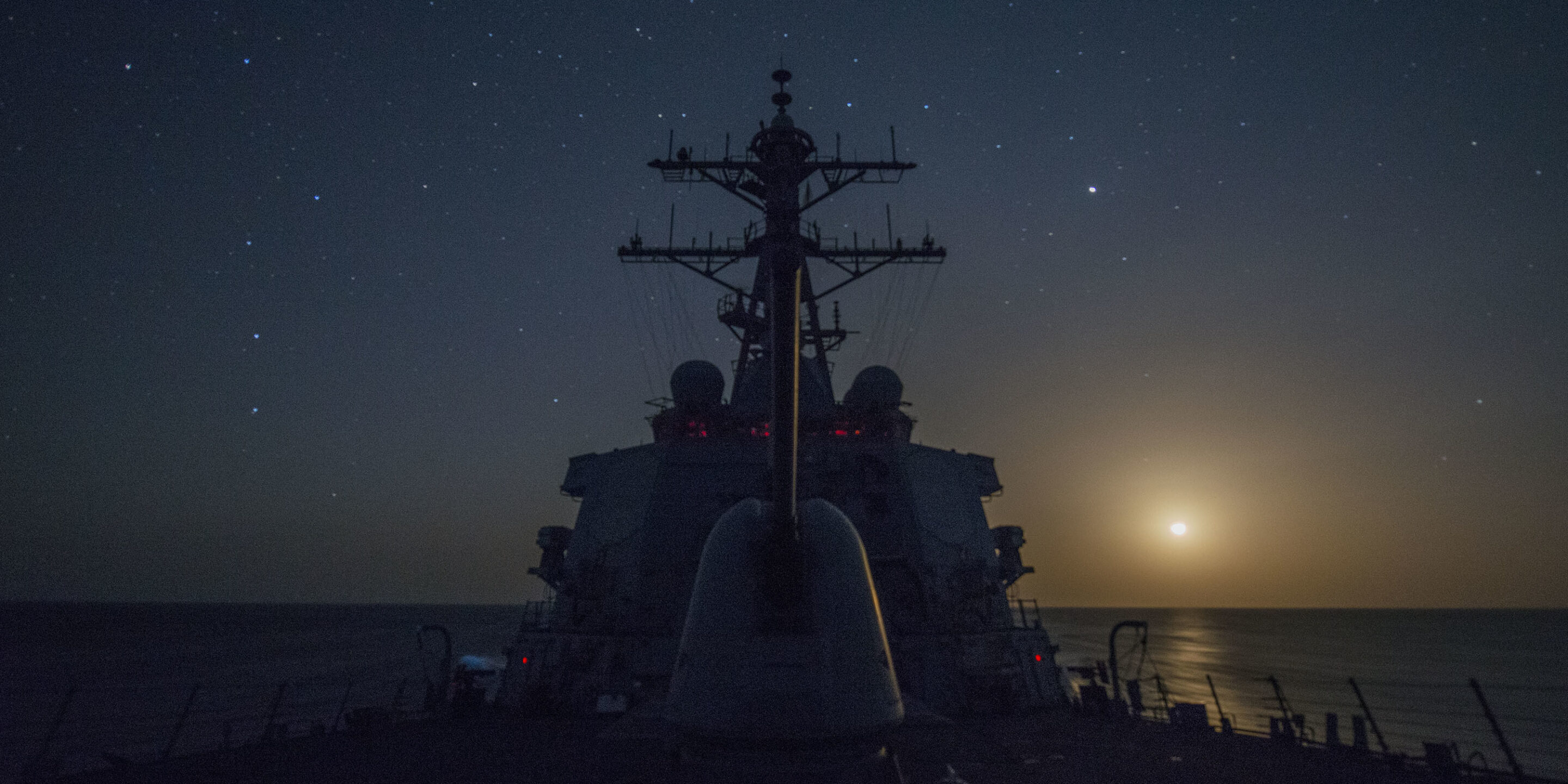
Thirty years ago this week, on Aug. 31, 1994, the last Russian soldiers departed Estonia and Latvia—a long overdue end to Moscow’s military domination of the Baltics, which had begun ignominiously in 1940 per the sordid terms of the Molotov-Ribbentrop Pact between Stalin and Hitler. That same day, a ceremony was held at Treptow Park in Berlin to commemorate Russia’s exit from East Germany after nearly 50 years of occupation.
The events of 1994 were more symbolic than pivotal in the sense that Moscow had already lost political control over Central and Eastern Europe years earlier. The Berlin Wall had fallen in 1989, Germany reunified in 1990, and the Soviet Union ceased to exist in 1991. But symbolism counts for a lot in international relations: The sight of Russian forces withdrawing from the Baltics was a powerful illustration that Moscow’s hegemonic ambitions in Europe were over.
In Washington, officials cheered on Russia’s military exit from Eastern Europe, but they brooked no suggestion that the U.S. should match Russia’s withdrawals with pullbacks of its own. From their point of view, the Cold War had ended in a total victory, not a draw. Having won outright, U.S. leaders laid plans to fill the post-communist space with a U.S.-led security architecture for the whole of Europe.
To be sure, there were major cuts to the number of U.S. troops in Europe following the Soviet collapse. But the NATO alliance grew massively in terms of its territorial reach. The U.S. has more than doubled its number of European allies in the last 25 years. And today, the U.S. security umbrella is larger than it has ever been.
More on Europe
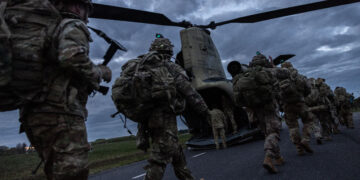
July 2, 2025
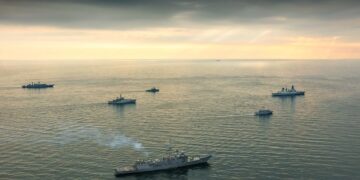
Featuring Jennifer Kavanagh
June 24, 2025

June 16, 2025
Events on Europe and Eurasia
